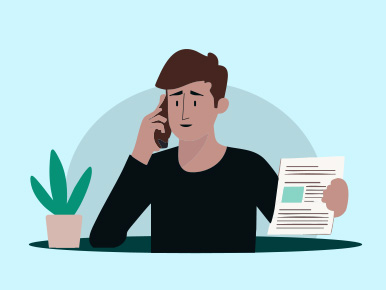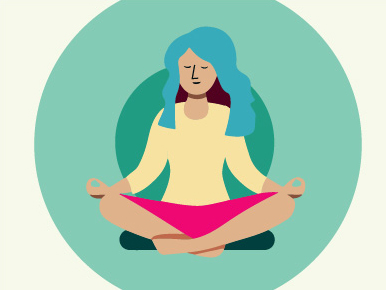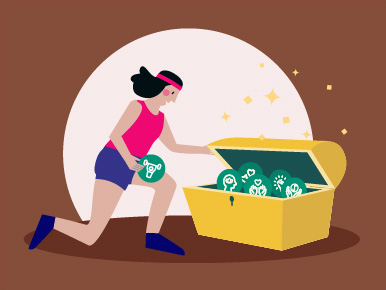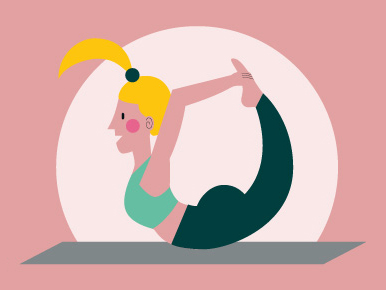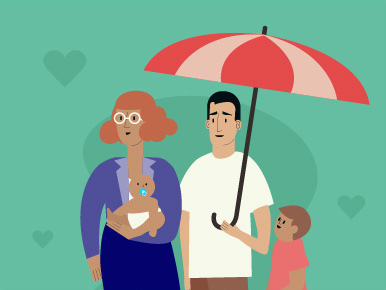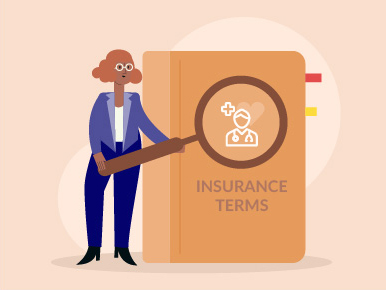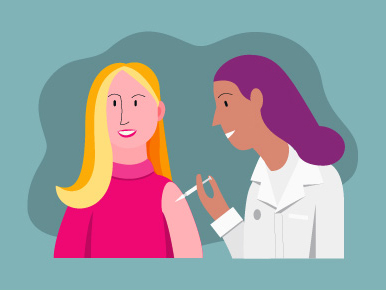Since 1998, 13 November is World Kindness Day, a time to remember the importance of being kind to each other and to ourselves.
What many people don't realise is that kindness goes beyond 'being nice': it's a powerful and life-changing force that can do wonders for your health and well-being. Here's how, according to science.
Kindness boosts your feel-good chemicals
Ever noticed that doing something nice for someone makes you feel good? Well, you can thank serotonin and endorphins for that.
Research found that kindness to others boosts serotonin and dopamine, neurotransmitters responsible for feelings of satisfaction and well-being. Plus, it helps produce endorphins, the brain's natural painkiller.
With all these chemicals working together, being kind is a great way to lift your mood. Almost like you were the recipient of the good deed, rather than the giver.
It helps reduce stress
Researchers at Stanford and UC Berkeley found that kindness and compassion kickstart a physiological reaction that can reduce our levels of cortisol, the harmful stress hormone.
During the 10–day 'compassion training', 51 people spent time learning kindness and compassion, and daily assessing how they felt. Researchers explained: "During the training, there were significant decreases in anxiety and increases in calmness. With each successive rating, participants were less likely to want to reduce their anxiety and fatigue, as well as less likely to want to enhance their feelings of calmness and alertness."
It strengthens your heart
Kindness is good for the heart — literally. And the scientific reason is that it helps produce oxytocin, the so-called 'love hormone' that, among other things, aids in reducing blood pressure and improving heart health.
According to David R. Hamilton's book The Five Side Effects of Kindness, when we are kind to one another, our levels of oxytocin and nitric oxide rise, which helps keep our arteries healthy.
It makes you feel happier
Research has confirmed time and again that there's a connection between kindness and happiness. Looking at 126 research articles, researchers concluded that people who were kind tended to have more 'eudaimonic happiness', a sense of meaning and purpose in life.
And interestingly, a 2010 Harvard Business School survey of happiness in 136 countries revealed that people who were more generous and altruistic (for example, with charitable donations) were happier overall.
It can help you live longer
Scientists who examined the 'kindness phenomenon' for years say that acts of kindness can also extend your life. A 2017 study, for example, found that people who were occasional, voluntary caregivers to others lived longer, on average, than those who weren't.
There are several science-backed reasons for this. As Kien Vuu, author of Thrive State: Your Blueprint for Optimal Health, Longevity, and Peak Performance explained, the anti-ageing effect of kindness has to do with both our mental and physical health. On the one hand, it creates a sense of purpose, which has been found to be beneficial for longevity. On the other, by helping keeping stress and inflammation levels down, it gives our immune system a healthy boost.
Like to incorporate more kindness into your life?
Acts of kindness don't have to be big or take a lot of time. Sometimes, it's the little things that make someone else's day.
It could be checking on your neighbours, smiling at a stranger, volunteering, or simply keeping in touch with friends and family. If you're looking for more ideas, randomactsofkindness.org has plenty to say on the subject: pick a few, make it fun, and let kindness lead the way.
Disclaimer: Please note that the content provided in this article is intended as an overview and as general information only. While care is taken to ensure accuracy and reliability, the information provided is subject to continuous change and may not reflect current developments or address your situation. Before making any decisions based on the information provided in this article, please use your discretion and seek independent guidance.



